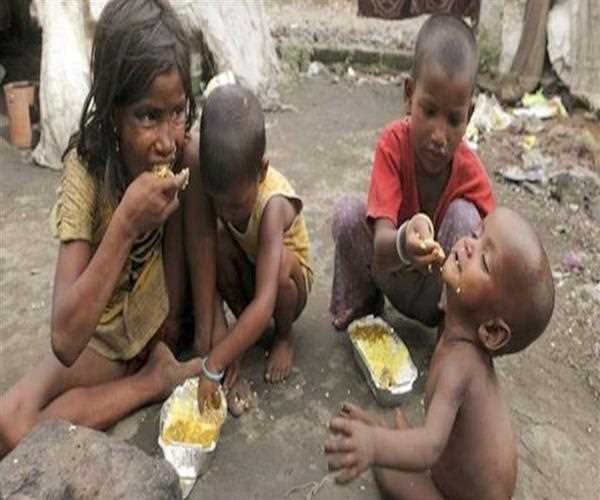Major players in recent global poverty alleviation efforts encompass a diverse range of actors, including governments, international organizations, non-governmental organizations (NGOs), and the private sector. Governments play a pivotal role, with some nations committing substantial resources to poverty reduction through targeted policies and social welfare programs. International organizations, such as the United Nations and its specialized agencies, coordinate and facilitate collaborative initiatives to address poverty on a global scale.
Non-governmental organizations, like Oxfam and CARE, are crucial contributors, implementing grassroots projects and advocating for policy changes. Philanthropic foundations, notably the Bill & Melinda Gates Foundation, allocate significant funds towards initiatives that tackle poverty, focusing on healthcare, education, and economic empowerment.
The private sector's involvement has evolved, with corporate social responsibility becoming integral to business strategies. Companies are engaging in initiatives that support local communities, promote sustainable business practices, and create economic opportunities. Innovative financing mechanisms, including impact investing, aim to generate positive social and environmental outcomes alongside financial returns.

Multilateral development banks, such as the World Bank, provide financial and technical assistance to developing countries for poverty reduction programs. Collaborative efforts, like the Sustainable Development Goals, unite these diverse players in a shared commitment to eradicate poverty by addressing its multidimensional aspects. The synergy of these stakeholders reflects a comprehensive approach to tackling the complex challenge of global poverty.
Read also: Who are the major players in recent efforts for global environmental sustainability